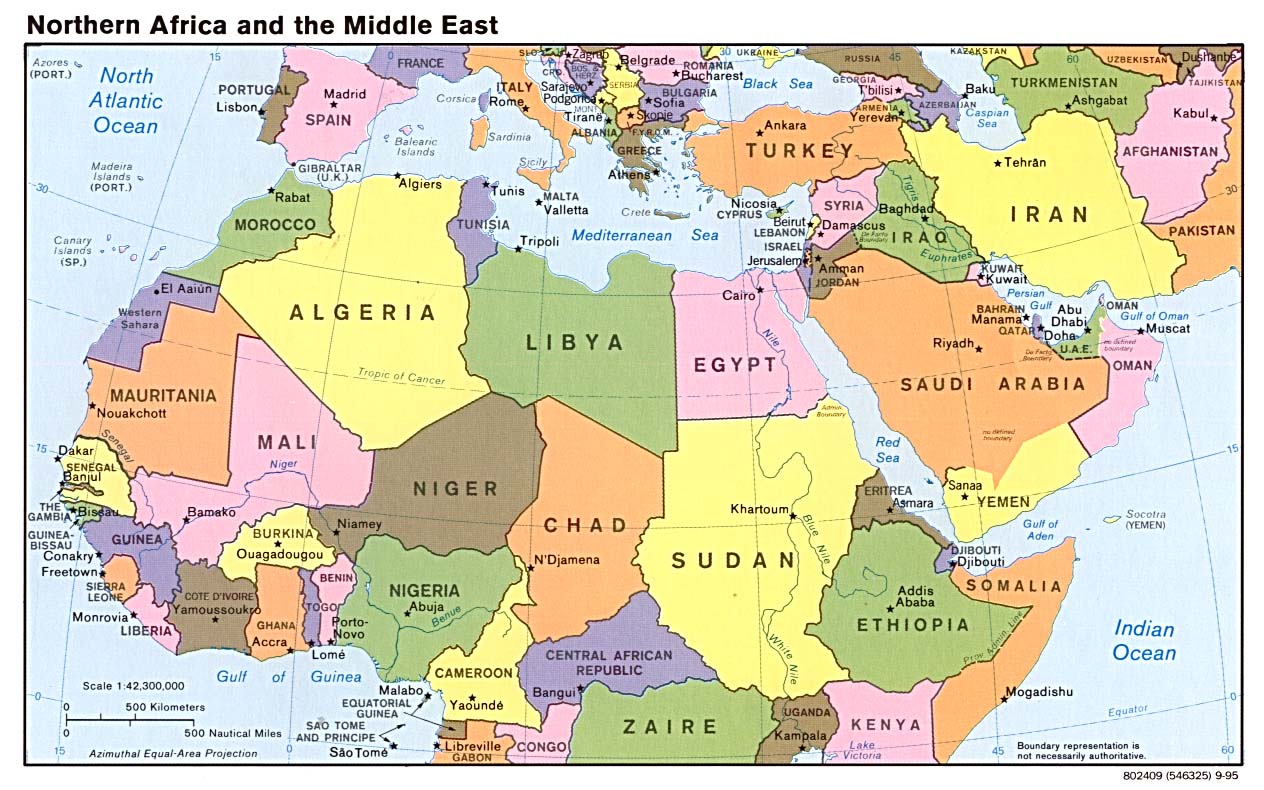Exploring The Countries North Of Africa
The African continent is known for its vast and diverse landscapes, rich cultures, and a variety of climates. However, many people often wonder what lies just beyond its northern borders. The countries that are north of Africa play a significant role in the geopolitical, cultural, and economic landscape of the Mediterranean region. From the historical ties to ancient civilizations to modern-day interactions, understanding the nations located north of Africa is essential for grasping the broader context of regional dynamics.
As the bridge between Europe, the Middle East, and Africa, these countries not only influence trade and travel but also serve as cultural crossroads. The Mediterranean Sea serves as a natural boundary that separates Africa from its northern counterparts, making it a focal point of interest for historians, travelers, and geopolitics alike. In this article, we will explore the countries situated north of Africa, their significance, and their connections to the African continent.
In addition to providing geographical insights, we will delve into the cultural and historical backgrounds of these nations, examining how they have interacted with Africa throughout history. Join us as we uncover the fascinating world of the countries north of Africa and discover their unique identities.
What Countries Are Directly North of Africa?
The countries directly north of Africa are those that border the Mediterranean Sea. These nations have a rich history of trade and cultural exchange with the African continent. The primary countries located north of Africa include:
- Spain
- France
- Italy
- Malta
- Greece
- Turkey (part of it)
- Cyprus
- Monaco
How Do These Countries Influence Africa?
Countries north of Africa play a crucial role in shaping the continent's economic and political landscape. Their influence can be observed in various ways, including:
- Trade Relationships: Many North African nations engage in trade with their northern neighbors, exchanging goods, services, and resources.
- Cultural Exchange: Historical ties have led to a rich cultural exchange, evident in language, cuisine, and traditions.
- Tourism: The Mediterranean coast attracts millions of tourists, which benefits both the economies of north African countries and their northern counterparts.
- Migration Patterns: The movement of people between Africa and Europe influences demographic trends, labor markets, and social dynamics.
What Are the Historical Connections Between North Africa and Its Northern Neighbors?
The historical connections between north African countries and their northern neighbors date back centuries. The Mediterranean Sea served as a pathway for ancient civilizations, facilitating trade, cultural exchange, and even conquests. Some key historical connections include:
- The Phoenicians: These ancient seafarers established trade routes across the Mediterranean, connecting North Africa with regions like modern-day Spain and Italy.
- The Roman Empire: North Africa was an essential part of the Roman Empire, contributing to its economy and culture.
- Colonial Era: The colonial period saw European powers establishing control over North African territories, leading to significant social and economic changes.
Which Countries Have the Most Cultural Exchange with North Africa?
Cultural exchange between North Africa and its northern neighbors is vibrant and ongoing. Some of the most notable countries that engage in cultural exchange include:
- Spain: The historical ties between Spain and North Africa are evident in language, architecture, and cuisine, particularly in Andalusia.
- France: The colonial legacy has led to deep cultural ties, with influences visible in language, art, and social practices.
- Italy: Italy shares historical connections with North Africa through trade and migration, evident in culinary influences.
What Economic Ties Exist Between North Africa and Its Northern Counterparts?
The economic ties between North Africa and countries north of the Mediterranean are significant and multifaceted. Some of the key aspects include:
- Trade Agreements: Bilateral and multilateral trade agreements facilitate the exchange of goods and services.
- Investment Opportunities: Northern countries often invest in North Africa, particularly in sectors like energy, tourism, and infrastructure.
- Labor Migration: Many workers migrate from North Africa to northern countries for better economic opportunities, contributing to both economies.
How Do Geopolitical Factors Affect Relationships Between North Africa and the North?
Geopolitical factors play a significant role in shaping the relationships between North Africa and its northern neighbors. Some of the key influences include:
- Security Concerns: Issues such as terrorism, illegal migration, and regional conflicts impact diplomatic relations and cooperation.
- Environmental Challenges: Climate change and resource scarcity prompt collaboration on sustainability and environmental protection.
- Political Alliances: International organizations and alliances influence the dynamics of cooperation and competition.
What Are the Future Prospects for North Africa and Its Northern Neighbors?
The future prospects for North Africa and its northern neighbors are promising, with potential for greater collaboration in various sectors. Key areas to watch include:
- Economic Integration: Efforts to strengthen trade ties and promote economic integration could lead to growth and stability.
- Cultural Collaboration: Increasing cultural exchanges may promote understanding and unity.
- Joint Initiatives: Collaborative efforts to address shared challenges, such as climate change and security, will be crucial.
In conclusion, the countries north of Africa play an essential role in the region's cultural, economic, and political landscape. Understanding these dynamics is vital for grasping the complexities of the Mediterranean region and its connections to Africa. By examining historical ties, cultural exchanges, and future prospects, we can appreciate the rich tapestry of relationships that exist between North Africa and its northern neighbors.
Who Is The Deez Nuts Guy And Is He Still Alive?
Does John Wick's Pitbull Die? The Heart-Wrenching Tale Behind The Canine Companion
Exploring The Enigmatic World Of Tieflings In Dungeons & Dragons


